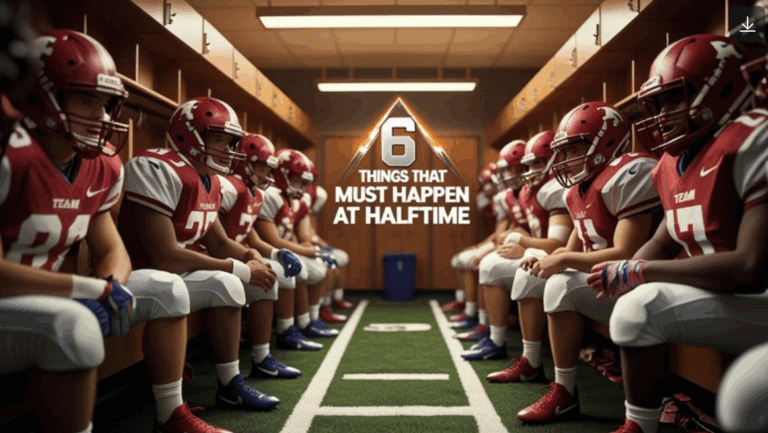
Sadly, it seems like every month we read headlines in the national media about another coach who has been terminated due to allegations of sexual misconduct from an underage student. In fact, just yesterday (1/17/17), there were two articles in the national media about coaches from right here in California who had been arrested for sexual crimes with minors.
Porterville (Calif.) freshman football coach arrested for soliciting a minor
Ex-Calif. assistant football coach gets 36 years in prison for sexually abusing players
Sometimes that student is on the coach’s team, sometimes it is a member of the athletic training staff, and sometimes it is simply student on campus.
No matter the situation, it is always very sad to see what happens in these situations. These students will have to live with the scars of sexual abuse for their entire lifetime. Sometimes, the allegations come back totally unfounded. And in that case, a coach’s life and his family’s life, is seriously ruined, if only for a short time. So, there are always losers in these cases, always.
Here are three ways to safeguard yourself and to create some boundaries to limit your exposure to this kind of criminal and or immoral activities or allegations. Remember, even allegations of this type, even when they come back unfounded, can seriously damage your career, current and or future employment.
- Do not allow yourself to be alone with minors.
I am a classroom teacher. There are times when a student of the opposite gender comes to speak to me when my classroom is empty. If I’m on my prep period, or in my class alone during lunch, and that door opens, and it is a member of the opposite gender, I always say the same thing: “Wait right there, I’ll come see you there.” And I get up, walk across the room to where the door is, to see what they need.
If you are a coach who needs to go in to the athletic training room to get a water bottle, and there is just one student in there, consider not going in to the room at that time. If you are an equipment manager, and a student comes to get a piece of equipment, but you are all alone, don’t let that person in to the room.
When we read about a coach being arrested, many times the story is the same. It started with a drive home, maybe an innocent touch on that drive. Or a touch that wasn’t so innocent, but it usually starts in the car before manifesting itself somewhere else. This is a very simple rule to have, that I’m sure your school district will support: make it a policy that none of the coaches on your staff will drive a student-athlete home.
Another good school policy to have to insure that a coach is not left alone with a player is after practice. When I was an Athletic Director, I once pulled up to the school, and found a young male coach sitting on the steps with a female basketball player from his team. They were the only two people on campus. Not a good situation. That coach violated our school rules, which mandated that no coach be alone with a student. We always wanted two coaches to wait until that last student-athlete was to be picked up.

- Do not give athletes your cell phone number
One of the ways many coaches are getting themselves in to trouble these days is through texting. Again, things start very innocent, but it is an open door for risk. Sexting between a player and a coach is something that is totally avoidable by having this policy in place. There are plenty of apps out there which still allow for you to communicate with your players in a timely fashion via your phone.
Have students email you, or leave a message on your school phone, or with the athletic director if they aren’t going to make practice; just like the old days. Fact of the matter is, more coaches are getting in to trouble by making horrible decisions with their phone these days.
- No direct or private messaging
Again, this is an area that is becoming a problem for coaches. Those who coached 20 years ago did not have to worry about improper relationships with their players online. Make it a policy of yours not to communicate with students one on one through private messages on social media. There are so many different platforms out there, and they all work differently. This is another fence to set up around you, to keep yourself out of trouble.
If a student messages you, and you need to answer it, either wait until the next time you see them, or send them a public message. Once that door is opened to private messaging, students will use it. If they know that the policy is that you don’t private message online, then they won’t use it.
Coach, here are three simple ways to safeguard yourself from making very poor, and in some cases, illegal decisions. Secure yourself. Secure your family. Secure your student-athletes. Use these three suggestions to create boundaries.
Chris Fore is entering his 16th year of coaching high school football in Southern California. Fore has his Masters degree in Athletic Administration, is a Certified Athletic Administrator and is on the California Coaches Association Board of Representatives. He is a speaker with the Glazier Clinics, and a Coaches Choice author. Coach Fore runs Eight Laces Consulting where he specializes in helping coaches nationwide in their job search process.


